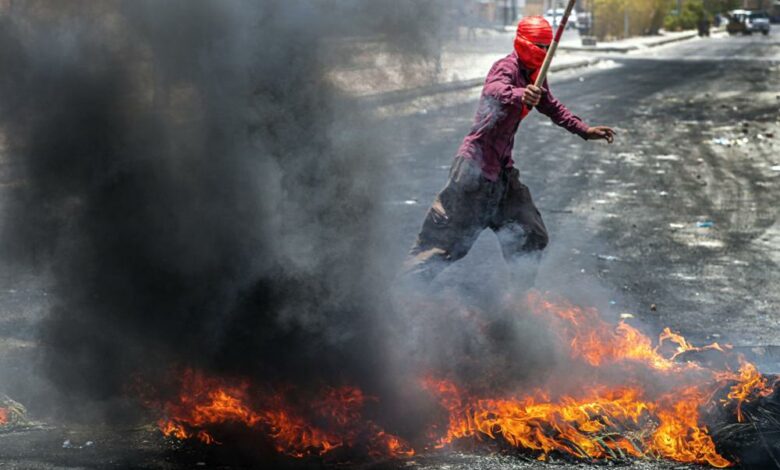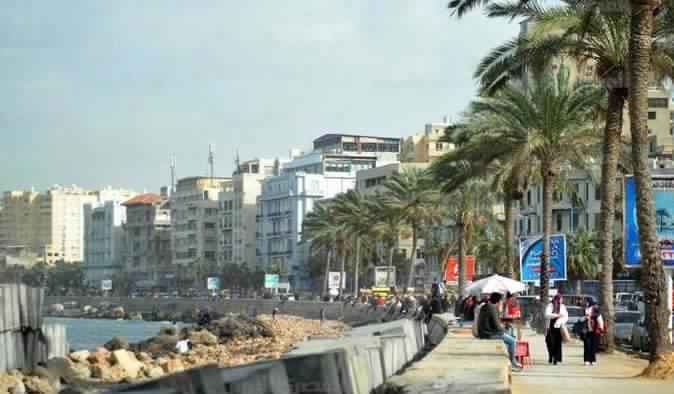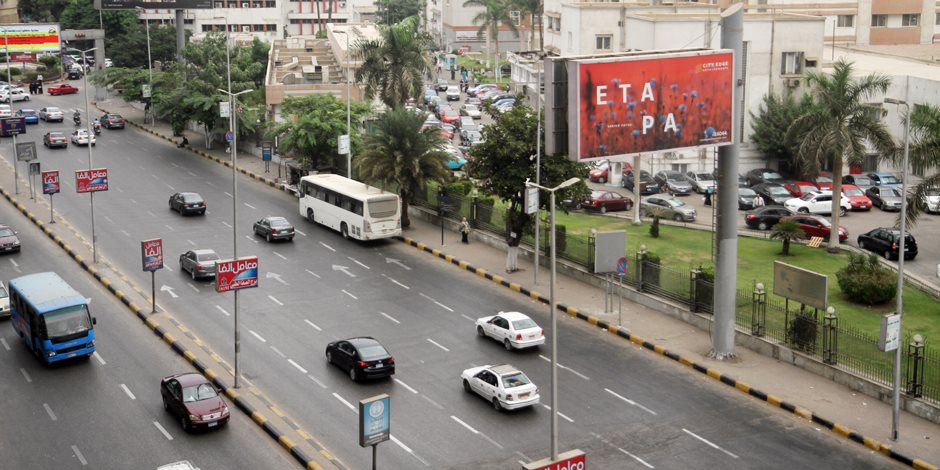
BAGHDAD (AP) — A widespread power outage hit Iraq on Friday as temperatures reached scorching levels, affecting millions of Iraqis, including those in affluent areas in the capital of Baghdad and stirring concerns of widespread unrest.
Iraq’s grid was generating just over 4,000 megawatts, according to Ministry of Electricity data on Friday morning — significantly less than the 12,000-17,000 megawatts the grid generates on average. By midday, production had climbed to 8,000 MW.
The cuts have impacted Baghdad and southern provinces in particular. In the oil-rich southern city of Basra, which in the past has seen violent protests over chronic electricity cuts and poor public services, a group of protesters burned tires to block roads during a demonstration demanding the return of electricity.
The Electricity Ministry said power transmission lines have been routinely sabotaged by unknown groups in northern Iraq in recent weeks. One 400 kilovolt line from Kirkuk to Qayara was targeted Thursday, the ministry said in a statement. Another 132 kV line was hit in Salahhadin on the same day.
Local TV channels initially reported that the outage on Friday was due to the cutting of a major 400 kV line between Baghdad and the southern province of Babylon. The ministry has not confirmed the incident.
Total shutdowns can also occur when Iraq’s electricity network is working at maximum capacity. Defects in the transmission network and distribution capacity also contribute to outages. High temperatures can also impact the distribution lines.
Iraqi Prime Minister Mustafa al-Kadhimi formed a crisis cell to take immediate measures to address shortages, according to a statement from his office.
Temperatures in Baghdad and other governorates have been soaring above 48 degrees Celsius (118 Fahrenheit) in recent days. The government declared an official holiday in Baghdad on Thursday due to the scorching heatwave.
In the densely populated Baghdad suburb of Sadr City, Abu Yasar, 63, said he no choice but to soak his clothes in water and lie down on concrete floors at home for comfort.
“I have asthma, I am suffering,” he said.
The outage also struck wealthier neighborhoods of Baghdad, where some residents typically enjoy 24 hours of electricity. Water pumps, which rely on electricity, stopped working in many areas, impeding access to water.
Fatih Birol, executive director of the Paris-based International Energy Agency, said the breakdown in Iraq’s electricity grid leaves millions without power needed to cope with extreme temperatures.
“We need to address the resilience of systems in a heating world, but today we must focus on averting a humanitarian catastrophe amplified by insecure energy supply,” he tweeted.
Iraq-based researcher Sajad Jiyad tweeted: “If this isn’t resolved quickly it will have catastrophic effects as everything stops working.”
Power outages routinely fuel protests in Iraq. Poor government service delivery and rampant corruption was a driver of mass anti-government demonstrations across Iraq in 2019.
Iran cut crucial electricity exports to Iraq this week, which can amount to nearly a third of Iraq’s supply in the peak summer months. Iraq’s Electricity Minister Majed Hantoush also recently resigned, citing political and popular pressure.
Iraq is capable of generating up to 20,000 MW, but the actual capacity — owing to technical losses and other issues — averages between 12,000-17,000 MW during the summer months.
_
IMAGE: Protesters burn tires to block roads during a demonstration demanding the return of electricity in Basra, southeast of Baghdad, Iraq, Friday, July 2, 2021.




